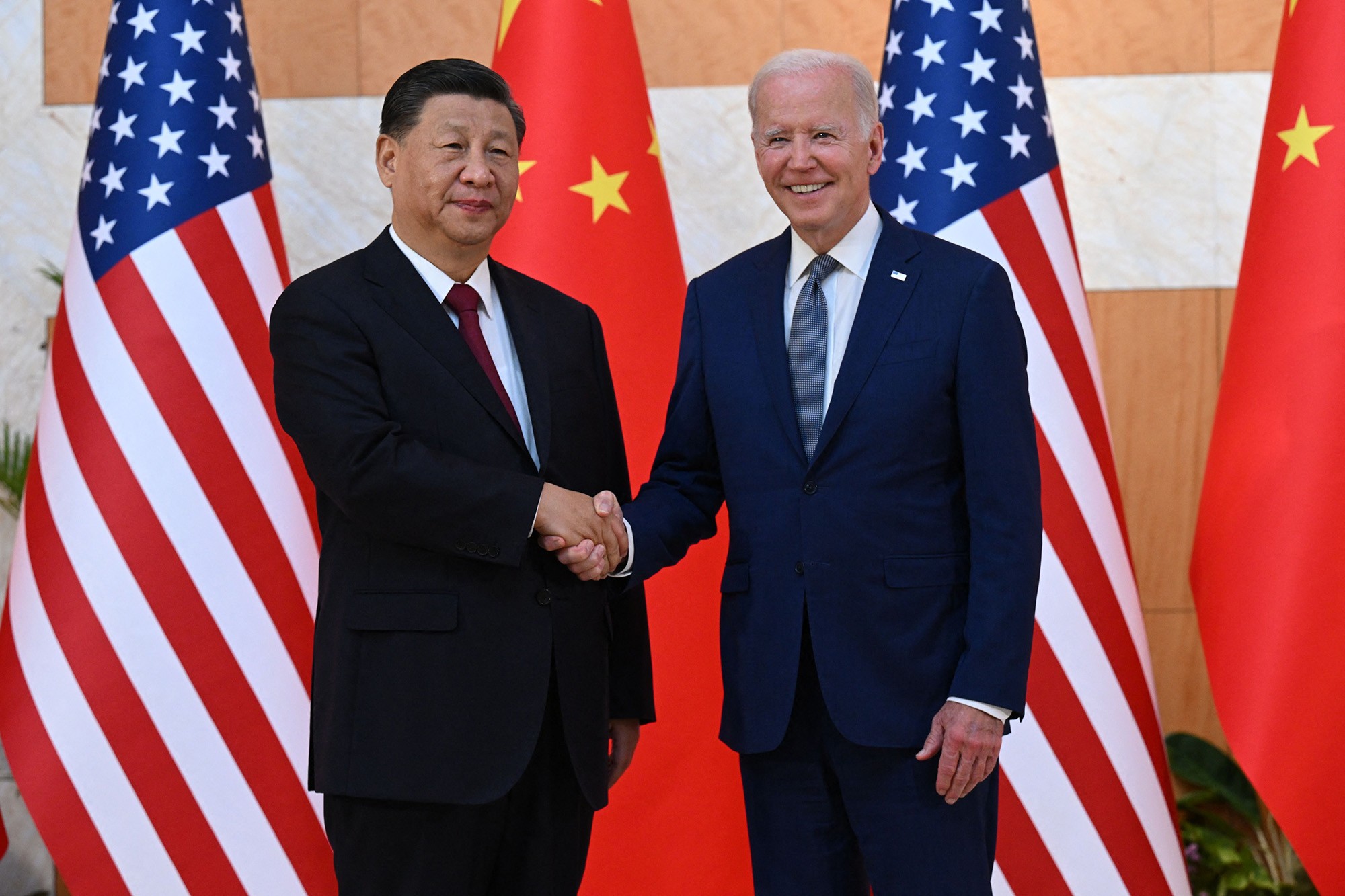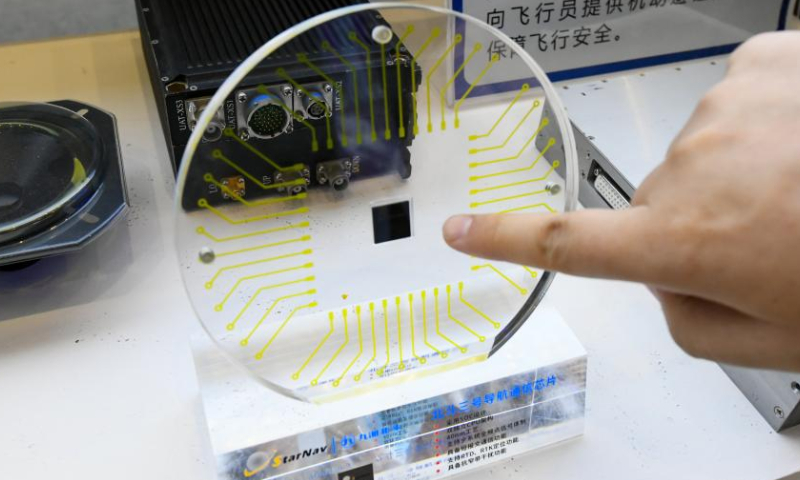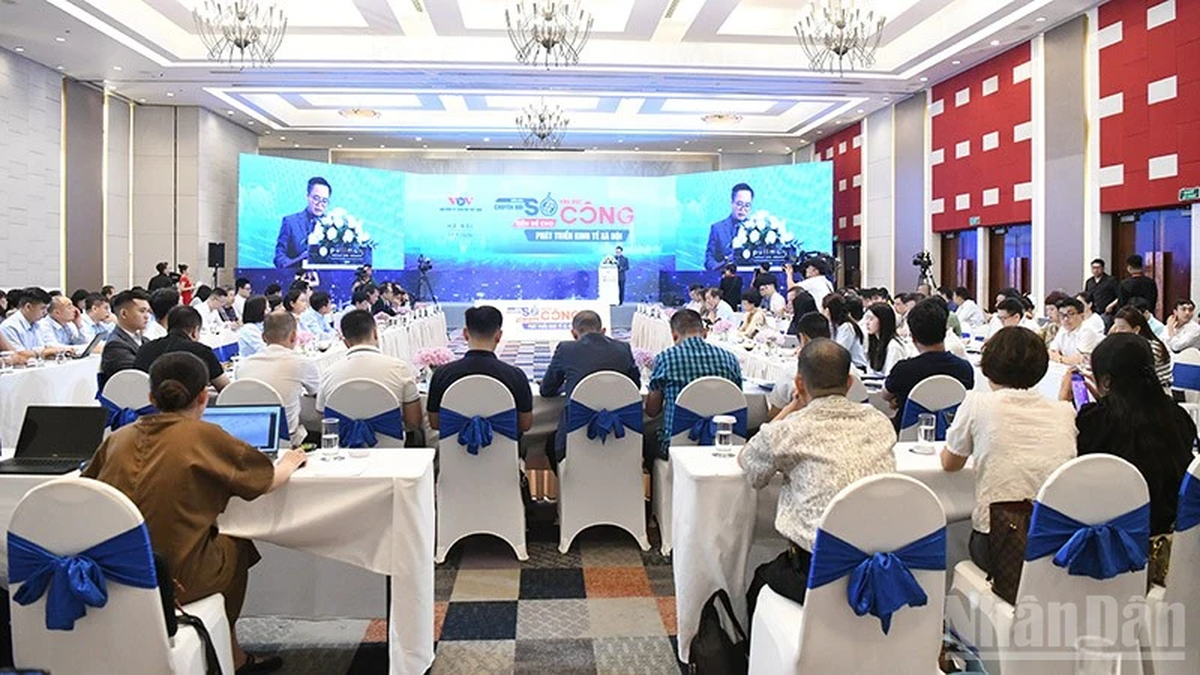US President Joe Biden is expected to sign an executive order aimed at restricting investment by US businesses in key parts of the Chinese economy , Bloomberg reported.
The Biden administration has been debating the measure for nearly two years. The White House has briefed its G7 partners on the investment restrictions for high-tech industries and hopes to get their endorsement at the Group of Seven (G7) summit, which begins on May 19 in Japan.
Once international support is secured, Biden is likely to sign an executive order on the measure, marking a new phase in the years-long economic rivalry between the US and China, Bloomberg said.
Under former President Donald Trump, the US had already imposed tariffs on imports from China. More recently, Washington has sought to restrict exports of key technologies. Now, capital flows between the world’s two largest economies are in the crosshairs.
Impact of the new measure
Investors are largely unconcerned about more restrictions being imposed, saying they would have little impact on their actual businesses because US investment in some Chinese high-tech sectors has already declined, Bloomberg reported.
“The restrictions, if implemented, will not have a major impact on China’s high-tech sectors,” said Wu Chaoze, chief analyst for telecommunications at CSC Financial in China. The scale of US investment in China’s artificial intelligence (AI), chips and quantum computing is insignificant because US funds have avoided investing in Chinese tech companies in the past few years, he said.

Chinese President Xi Jinping (left) and US President Joe Biden shake hands during talks on November 14, 2022, on the sidelines of the G20 Summit in Bali, Indonesia. Photo: Getty Images
With a current account surplus now running at $400 billion a year, China is a net investor in other countries, some commentators say. It does not need foreign capital; on the contrary, Beijing has capital to invest elsewhere.
However, US venture capitalists provide expertise and advice as well as funding, and Washington's ban on investment in some high-tech sectors would disadvantage China and prevent the flow of intellectual property back to the US, commentators say.
“The US has been working towards this for some time, and US investment in sensitive sectors has been declining,” said Marvin Chen, an analyst at Bloomberg Intelligence. “However, Chinese technology will become more dependent on domestic capital and state support as foreign investment continues to decline.”
China's response
China has an advantage in developing 6G and quantum computing technology, but will face more obstacles in trying to boost its chip sector, said Jason Poon, chief analyst at Hong Kong consultancy Strategy Solutions.
As China's economy has taken off over the past three decades, American companies have poured money in as they seek to capture a slice of the world's fastest-growing market and reduce manufacturing costs across their supply chains.
According to the US Bureau of Economic Analysis (BEA), the total cumulative investment of US businesses in the Chinese market was worth nearly $120 billion at the end of 2021, with about half of it in the manufacturing sector.
Plans to impose restrictions on US investment in China have drawn a sharp response from Beijing, with China accusing the US on April 21 of politicizing technology issues.

A communication chip of the BeiDou-3 navigation satellite system is displayed at an international high-tech exhibition in Mianyang city, southwest China's Sichuan province, November 16, 2022. Photo: Global Times
“This is blatant economic coercion and technological bullying, seriously violating the principles of market economy and fair competition, and disrupting the international economic and trade order as well as the stability of the global industrial and supply chain,” said Chinese Foreign Ministry spokesman Wang Wenbin.
At a regular press conference in Beijing on April 21, Mr. Uong said that Washington's real goal is to "deprive China of its right to development."
The US has been trying to promote decoupling from China and using economic coercion to pressure its allies, the diplomat said. China will closely monitor developments and resolutely defend its rights and interests.
American argument
The Biden administration has said it is imposing investment restrictions for national security reasons — a point underscored by US Treasury Secretary Janet Yellen in a speech on April 20 — rather than to contain the rise of a rival superpower, as Beijing has argued.
The executive order will cover semiconductors, artificial intelligence (AI) and quantum computing — focusing on investments in which U.S. companies have an active role in managing them. That includes venture capital and private equity, as well as some forms of technology transfer and joint ventures. Officials involved in drafting the order said it targets potential new investments, not existing ones.
Some types of investments will be banned outright, while others will require companies to notify the US government. The details will be outlined in a set of regulations, and companies will have time to respond before the ban takes effect.
US officials say the investment restrictions are intended to “choke off” vital funding and prevent the loss of know-how that could advance China’s military capabilities.
In a speech in Washington on April 20 addressing US-China economic relations, Ms. Yellen said that restricting foreign investment would affect “specific sensitive technologies that have important national security implications.”
“These national security actions are not designed to gain a competitive economic advantage or to constrain China’s economic and technological modernization,” Yellen said, declaring that the United States would pursue security concerns related to China even if Washington was forced to trade off its own economic interests, and would engage and coordinate with allies and partners on policies .
Minh Duc (According to Bloomberg, AsiaTimes)
Source





































































































Comment (0)